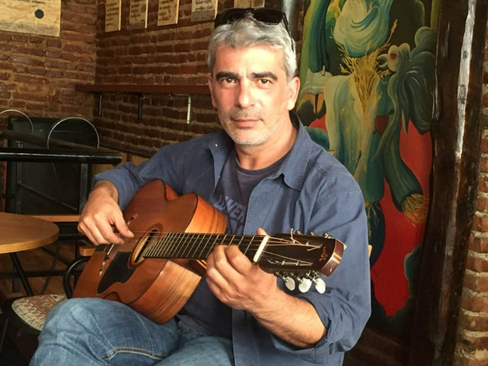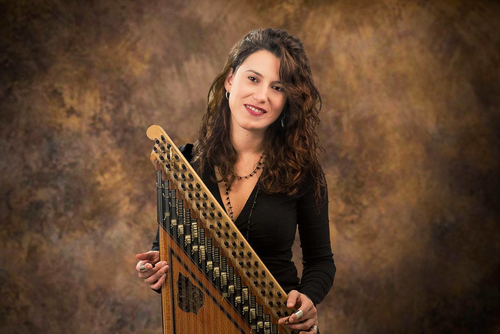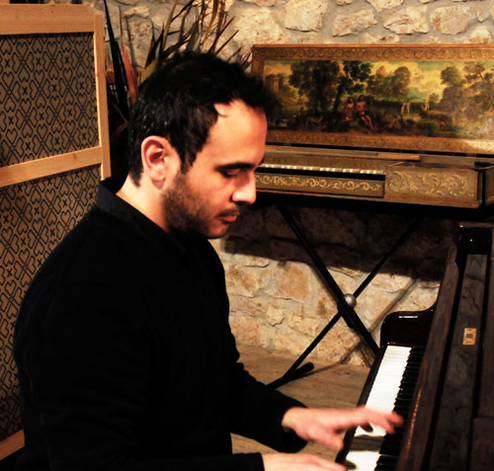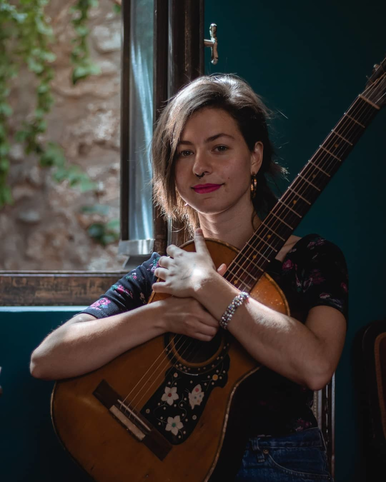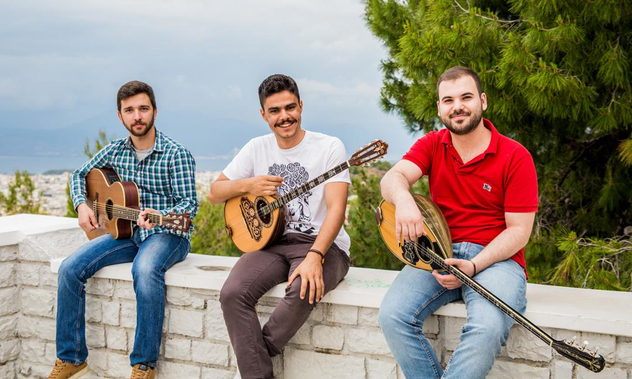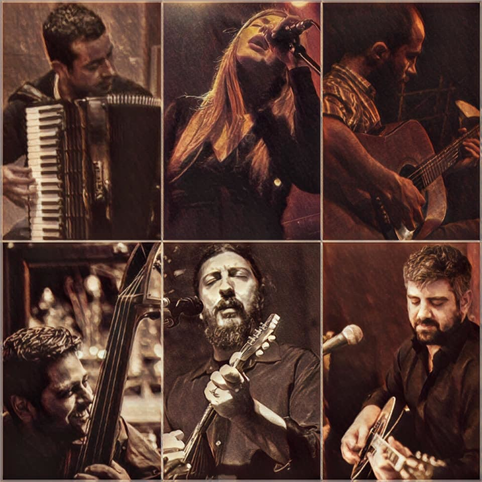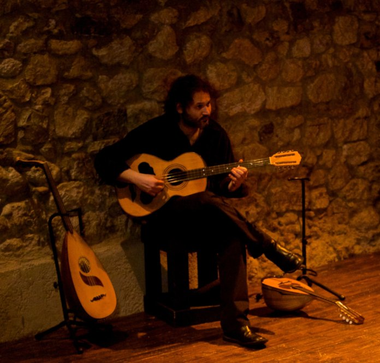The next phase of this project, namely Rebetiko 2.0. is based on contemporary versions of original Rebetiko songs.
As mentioned earlier, Greek urban folk and rebetiko have been such a great part of the Greek music scene from 1900 onwards. Rebetiko was finally accepted around 1960´s not only for its great music, but also in terms of the social and logographic part of Greek History. This has led to a lot of contemporary professional and amateur musicians either interpreting original versions or creating their own versions of the music, which emerged from both extensive study and love for the music.
Today, we have the great pleasure of having true masters of the genre who not only preserve this beautiful culture, but also create music in the footsteps of Rebetiko. Even though most of the original composers have passed away, the tradition is more alive than ever. The music rings loudly all over Greece, as well as wherever Greek communities exist, from Germany and the Balkans all the way to USA and Australia.
Some of the names listed on this page are considered great students and masters of the Greek urban folk scene. They share a lifelong thirst to experience the beauty of this music, and they are also personal influences of mine. Following the links to these artists will give you a chance to listen quick samples of their work and gain further insights into the development of Greek urban folk scene.
A great boost and contribution to the preservation of the tradition came in 2017, when Rebetiko was officially inscribed in the Representative List of the Intangible Cultural Heritage of Humanity of UNESCO. (UNESCO, 12.COM, Jeiu Island, 2017)
As a way to dig deeper into the practical experience of playing the music, I formed a trio called Rebetinkatu with Chrysoula Panagiotopoulou on vocals and Ilias Papailias on Bouzouki. In this trio, we practice and perform songs of the Rebetiko and Greek urban Folk repertoire in their traditional form. With the help of my fellow musicians in this project, I began to discover the stories, the tradition and the music, as well as my love for the Greek folk guitar. Its beautiful style of playing includes giving harmonic support to the songs while playing the bass line at the same time. Even though folk guitar is rarely in the spotlight, the behaviour of it in this music is something impressive. Getting deeper into the original compositions enabled me to finally feel that there is space for experimentation, whilst always trying to approach the music respectfully.
